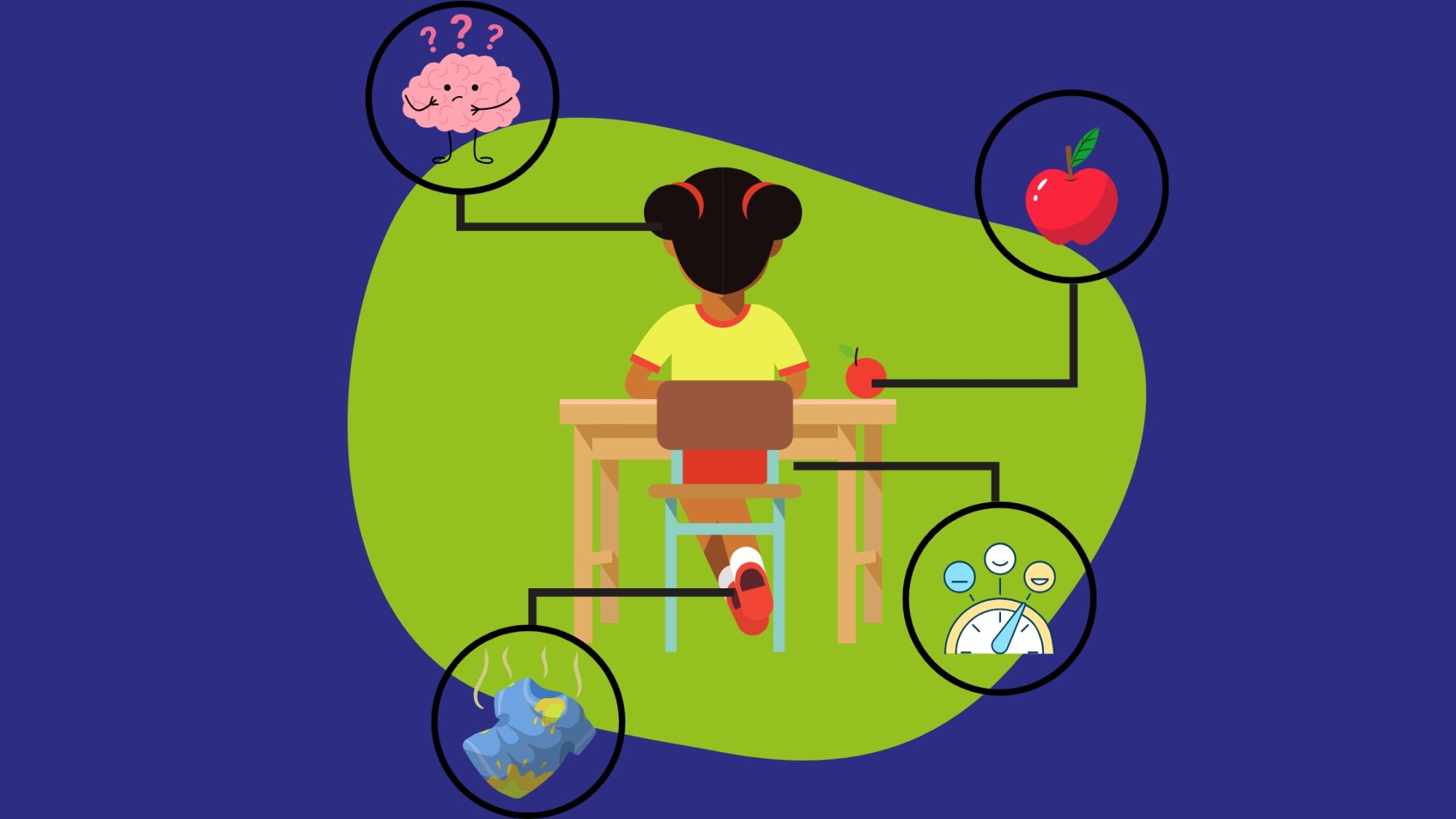Pastoral education is a vital aspect of modern schooling that focuses on supporting students’ emotional, social, and academic wellbeing. While academic learning equips students with essential knowledge, pastoral care ensures they feel safe, supported, and ready to engage in their studies. Without this foundational support, students may struggle to reach their full potential.
Pastoral education addresses students’ emotional and social needs, ensuring they develop resilience, confidence, and positive relationships. This approach creates a secure learning environment where students feel valued and respected.
In this article, we’ll explore the meaning of pastoral education, the responsibilities of pastoral teachers, the seven core functions of pastoral care, and the key qualities of effective pastoral leaders. By understanding these elements, educators can strengthen their support strategies and enhance student wellbeing.
What Does Pastoral Education Mean?
Pastoral education is a framework designed to support students’ personal growth, wellbeing, and social development. It exists alongside academic education to ensure that emotional, mental, and social needs are addressed.
Pastoral care ensures students feel safe, supported, and valued as they navigate their educational journey. This framework addresses a wide range of issues, from mental health concerns to social pressures and family difficulties. By fostering an environment of trust and support, pastoral education empowers students to overcome challenges and build resilience.
Effective pastoral education promotes positive relationships between students and staff. When students know they have someone they can trust, they are more likely to engage in learning and share concerns before they escalate. Schools that excel in pastoral care often see improved attendance, behaviour, and academic outcomes as a result.
For example, a student experiencing anxiety may struggle to concentrate in class. A pastoral teacher who identifies this early can provide emotional support, connect the student with mental health resources, and ensure their teachers are aware of strategies that may help. This proactive approach prevents the student from falling behind academically while addressing their emotional wellbeing.
Pastoral education is not limited to individual support; it also involves school-wide initiatives that promote positive social skills, conflict resolution, and a sense of belonging. Schools that adopt effective pastoral strategies create inclusive environments where students can thrive both academically and emotionally.
What Is the Role of a Pastoral Teacher?
Pastoral teachers play a crucial role in supporting students’ emotional, social, and behavioural needs. Their work complements academic teaching by ensuring students have the support they need to succeed both in and out of the classroom.
Key responsibilities of pastoral teachers include:
Emotional Support and Guidance:
Pastoral teachers offer individual support to students dealing with issues such as anxiety, family concerns, or social struggles. By being approachable and understanding, they help students develop coping strategies and build resilience.
Monitoring Student Welfare and Behaviour:
Pastoral teachers keep a close eye on students’ behaviour, engagement, and overall wellbeing. By noticing early signs of distress, they can provide timely support to prevent issues from escalating.
Supporting Attendance and Wellbeing:
Pastoral teachers work to identify barriers to attendance, whether they stem from personal struggles, social anxiety, or family issues. By engaging with families and offering practical support, they help students maintain regular attendance.
Acting as a Link Between Home and School:
Effective communication between schools and families is key to pastoral care. Pastoral teachers build strong relationships with parents and caregivers to ensure concerns are addressed promptly. This partnership helps create a consistent support system for the student.
For example, a student may experience bullying that affects their attendance and academic performance. A pastoral teacher may arrange mediation sessions, offer emotional support, and liaise with staff to develop a strategy that improves the student’s school experience. This targeted intervention ensures the student feels supported while working towards a positive outcome.
What Are the 7 Functions of Pastoral Care?
Pastoral care is built around seven core functions that collectively promote student wellbeing and development. These functions ensure students feel safe, supported, and empowered to succeed.
- Monitoring and Supporting Student Progress: Pastoral staff track academic progress and identify students who may require extra help. For instance, a student struggling with time management may benefit from targeted mentoring or study support.
- Personal Guidance and Support: Pastoral care involves providing one-on-one support to students experiencing emotional or social difficulties. This could include helping a student cope with grief, anxiety, or friendship issues.
- Social Development: Encouraging students to develop social skills is a key focus of pastoral care. Schools may run group activities, conflict resolution workshops, or mentoring programs that foster positive relationships.
- Behaviour Management and Support: Pastoral staff guide students in meeting behavioural expectations. By promoting restorative approaches rather than punitive measures, pastoral teachers help students learn from their mistakes and develop better decision-making skills.
- Safeguarding and Child Protection: Pastoral staff play a crucial role in identifying safeguarding concerns. By acting quickly when they notice signs of neglect, abuse, or exploitation, pastoral teachers help protect vulnerable students.
- Health and Wellbeing: Schools provide support for students facing mental health challenges, stress, or other wellbeing concerns. Pastoral staff may connect students with counselling services or offer strategies for managing emotions.
- Cultural and Social Inclusion: Effective pastoral care ensures that all students feel valued, regardless of their background. Schools may celebrate cultural events, promote inclusivity, and address discrimination through dedicated programs and activities.
By fulfilling these functions, pastoral care creates an environment where students feel supported in every aspect of their school life.
What Makes a Good Pastoral Leader in Schools?
Effective pastoral leaders possess key qualities that enable them to connect with students, build trust, and implement strategies that promote wellbeing.
Successful pastoral leaders demonstrate:
Empathy and Strong Listening Skills: Building trust requires compassionate listening and an ability to connect with students on a personal level. Pastoral leaders create safe spaces where students feel heard and valued.
Effective Communication and Conflict Resolution: Pastoral leaders maintain strong communication with parents, students, and staff to address issues quickly and constructively. By promoting open dialogue, they help build a positive school culture.
A Proactive Approach to Wellbeing: Successful pastoral leaders actively monitor student welfare and intervene early to prevent issues from escalating.
Building Trusted Relationships: Strong pastoral leaders develop meaningful connections with students and their families. These relationships help students feel comfortable seeking support when they need it most.
For example, a pastoral leader who notices rising anxiety levels among students may introduce mindfulness sessions, peer mentoring schemes, or quiet spaces where students can unwind. By implementing proactive strategies, they create a more positive and supportive school environment.
Conclusion
Pastoral education is vital for ensuring students feel safe, supported, and ready to succeed. By integrating effective pastoral strategies into school practices, educators can enhance student wellbeing and foster an environment where every learner can thrive.
Teachers, school leaders, and parents should reflect on their current pastoral care practices and identify ways to strengthen their support strategies. Investing in effective pastoral care is key to improving student outcomes and creating a positive school culture.












0 Comments